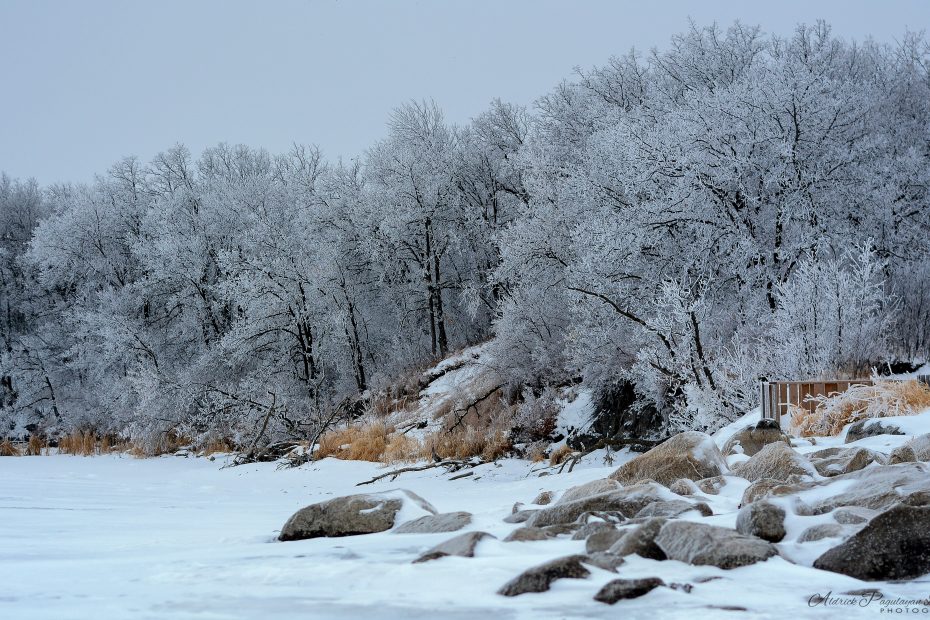Water is an essential resource that we depend on for our daily needs. It’s a resource that is often taken for granted, but it’s not an unlimited resource. This is especially true in southern Manitoba, where we’ve experienced one of the worst droughts in recent history, impacting our water supply. Water conservation is thus a critical action that we need to take more seriously, and everyone can play a part. By doing so, we’ll be helping to ensure that we have a sustainable water supply for years to come.
The Challenge of Water Conservation in Morden
The 2021 drought is the most significant challenge that the city of Morden has faced in recent years. These shortages have a ripple effect that extends beyond the water supply, leading to potential food insecurity and other problems.
One of the most critical steps that we can take to tackle the problem of water conservation is to reduce our water usage. This may seem insignificant, but it can have a significant impact if everyone does their part. Conserving water starts with small changes in our daily routines, like taking shorter showers, turning off taps, and fixing leaks promptly.
Why Water Conservation is Crucial
Another reason why water conservation is crucial even during winter time is its link to climate change. The climate system is changing globally, causing a shift in weather patterns, resulting in increasingly frequent severe weather conditions like droughts and extreme heat waves. By conserving water, we can reduce our water usage and play a more significant role in mitigating climate change.
Tips to Save Water during Wintertime
Here’s a list of things we can do to save water during wintertime:
- Insulate pipes and faucets: Prevent freezing and potential leaks by insulating exposed pipes and faucets. This will help avoid water wastage and costly repairs.
- Collect and use snowmelt: Instead of using tap water for non-potable purposes, such as watering plants or cleaning outdoor areas, collect and use melted snow. Place clean buckets or containers outside to collect snow, and let it melt naturally for later use.
- Adjust indoor heating: Lowering the indoor heating temperature by a few degrees can reduce the demand for hot water, resulting in lower water consumption. Dress warmly and use blankets to stay comfortable.
- Repair leaks promptly: Regularly check for leaks in plumbing fixtures, such as toilets and faucets. Fix any leaks promptly to prevent water waste.
- Maximize dishwasher and washing machine loads: Wait until you have a full load before running the dishwasher or washing machine. This maximizes water and energy efficiency.
- Limit shower time: Take shorter showers to reduce water usage. Consider using a shower timer or listening to music as a reminder to keep showers to a reasonable length.
- Use a basin when washing dishes: Rather than letting the faucet run while washing dishes, fill a basin with soapy water for washing and another with clean water for rinsing. This saves water compared to continuous running water.
- Avoid unnecessary flushing: Only flush the toilet when necessary. Dispose of tissues, cotton balls, and other non-flushable items in a trash bin to reduce water usage.
- Educate and involve the entire household: Make sure everyone in the household understands the importance of water conservation during winter. Encourage them to participate in water-saving practices and inform them of the drought situation.
Remember, every small action counts, and by collectively practising these water-saving habits, we can make a significant difference in preserving our water resources during winter in Morden.
Conclusion
In conclusion, water is a precious resource that we all need to work together to protect. We cannot afford to take our water supply for granted, especially in our region. Taking action to conserve water now will help to ensure that future generations have access to this essential resource. Everyone must play their part to make a real difference in protecting our environment and securing our water supply for the future. Let’s make water conservation a priority in our daily lives.
